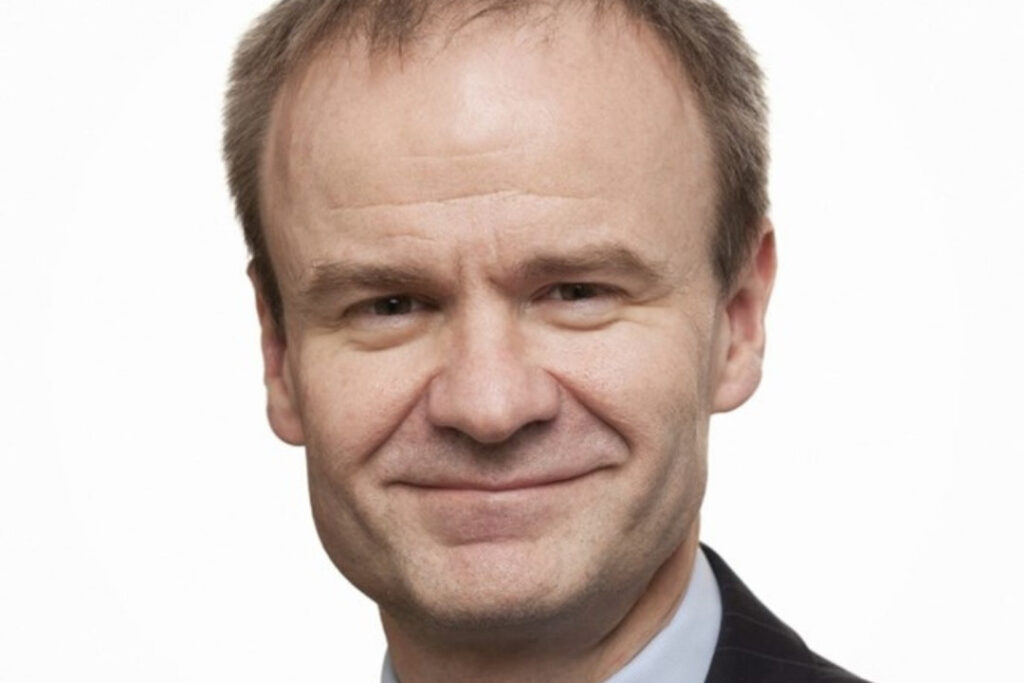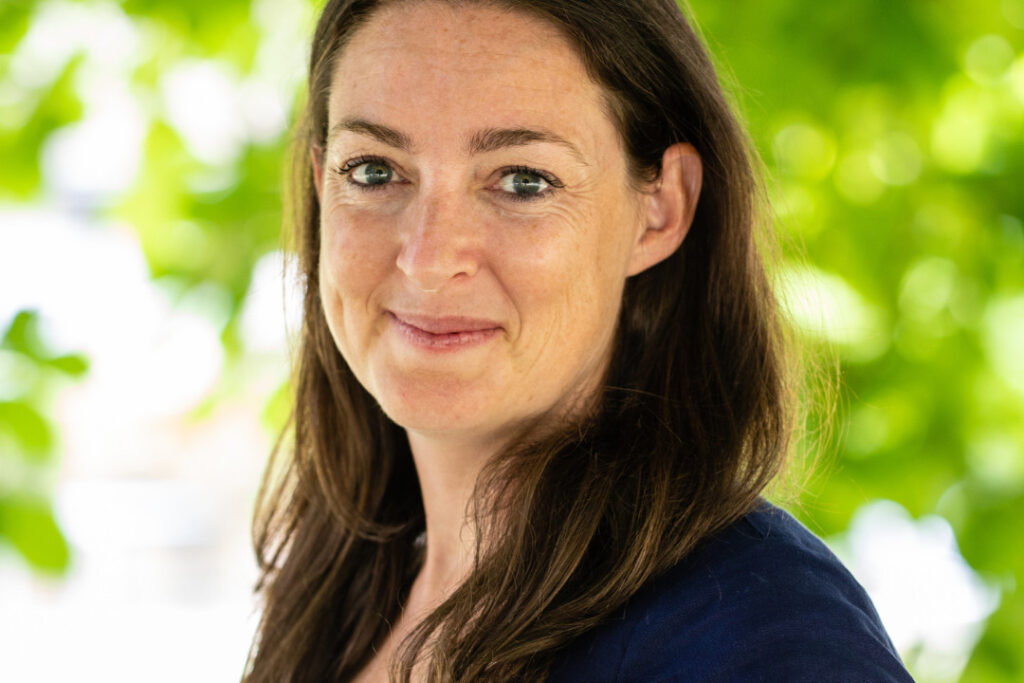On World Hearing Day (Friday 3 March), we’re calling on the government to include a hearing check in the NHS Health Check, to help millions of people in the UK identify hearing loss earlier and potentially reduce their risk of developing dementia.
Unaddressed hearing loss in midlife is the largest potentially modifiable risk factor for dementia, responsible for up to 8.2% of cases globally.
Professor Jason Warren, who leads a team of researchers at the Dementia Research Centre at UCL, said:
“Hearing loss and dementia are linked in complex ways, but it’s clear that hearing is an essential part of brain health. The impact of dementia may be delayed or reduced if hearing loss is diagnosed and treated effectively, so it’s important that people get their hearing checked regularly. I strongly support this call from RNID to have a hearing check added to the NHS Health Check.”

Prioritising hearing health
Hearing aids help people with hearing loss to hear better and communicate more confidently. It is well established that they significantly improve people’s ability to take part in everyday life, improving the ability to listen to others and take part in everyday situations, which could in turn delay the onset of dementia. Hearing aids have positive effects on a person’s physical, social, emotional and mental well‐being, and are significantly associated with lower odds of depression for adults with hearing loss.
In light of this growing evidence, we’re calling for a hearing check to be introduced in to national health checks across the UK, such as the NHS Health Check in England, so that hearing loss can be identified earlier and acted on.
Crystal Rolfe, Director of Health at RNID, said:

“There is increasing evidence that acting on hearing loss when you identify it may delay cognitive decline, so it’s important that we all value our hearing in the same way that we value our eyes and our teeth, and get it checked regularly. As a first step, you can take RNID’s free online hearing check.
“It’s time to prioritise our hearing health, and it’s especially important to do this in mid-life. Having hearing loss at a relatively young age isn’t unusual: in fact, more than 40% of people over 50 have hearing loss. RNID want to see a hearing check included in the NHS Health Check to help us all look after our hearing and enable us to act quickly if there’s a problem.
“Acting on hearing loss earlier can help improve our ability to listen and communicate with friends, family and at work, which in turn can have a positive effect on our wellbeing and could reduce the risk of cognitive decline.
“There is a lot of support available for hearing loss, including modern digital hearing aids available on the NHS or privately which are tailored to your individual needs.”
David’s Story
One person now benefitting from a hearing check is David Stainer, a tax adviser from Hertford. He said:

“I began to really notice a decline in my hearing after an ear infection in about 2018. Over the next few years, I found myself quite frequently asking my wife and children to repeat things, and I was beginning to avoid social occasions in busy pubs, bars or restaurants as I knew I wouldn’t be able to hear people over the noise.
“At first, I denied there was a serious issue and I felt too young for it to be a problem, but eventually I resolved to take a hearing test and get some hearing aids if I needed them. I took RNID’s free online hearing check and within a few weeks I booked a hearing test which confirmed I had age-related hearing loss in both ears, particularly at higher frequencies.
“I ordered some hearing aids on the spot and the difference has been extraordinary. Straight away I could hear everything my wife and my children said. Now I feel much more aware of what is going on around me and much more inclined to attend social events.
“I’m rediscovering a wider range of sounds: birdsong; a key jangling in my pocket; the noises of cars on the street outside, and although sometimes these noises can be overwhelming it’s also exciting and engaging because I’m able to hear the full range of sounds the world has to offer.”
Support our work
We’re funding research to understand the links between dementia and hearing loss. Sign up to our newsletter to stay informed of our progress and opportunities to support us.
Take our hearing check
We’re encouraging the public to take the first step on their hearing journey on World Hearing Day and join the 140,000 people who have taken our online hearing check.
